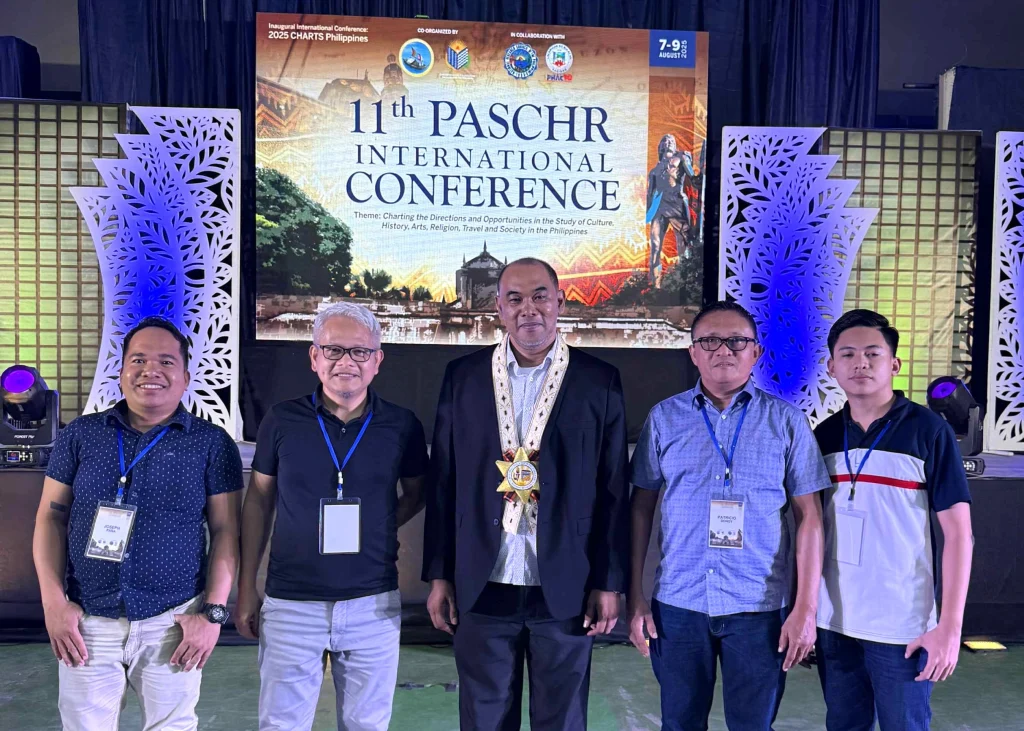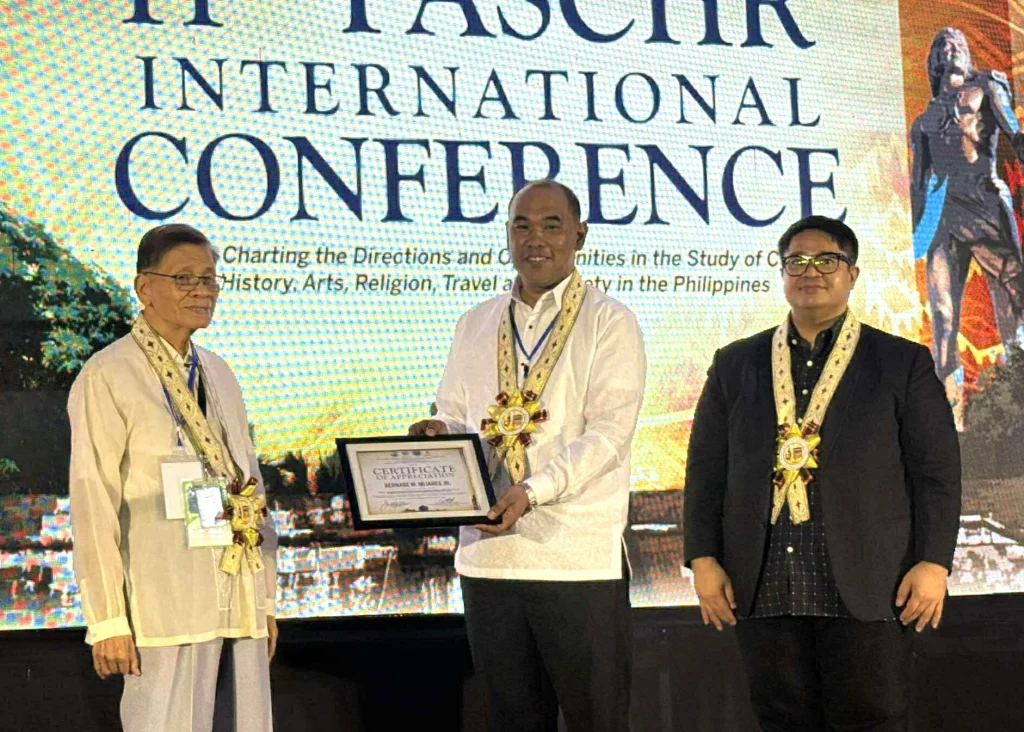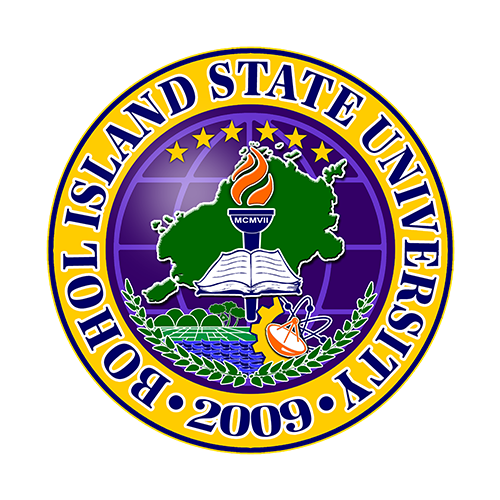BISU CAS joins CHARTS-PASCHR Conference in Baliwag
Bohol Island State University – Main Campus, College of Arts and Sciences, sent a multi-disciplinary delegation to the Convention of History, Arts, Religion, and Tradition Scholars (CHARTS), Philippines, and the 11th Philippine Association for the Study of Culture, History, and Religion (PASCHR) inaugural conference in Baliwag, Bulacan on August 7-9, 2025. At the event, CAS Dean Bernabe M. Mijares Jr. assumed the CHARTS presidency for 2025–2027, and CAS instructor Mr. Mark Steven A. Pandan, MAEd, took the oath as CHARTS representative for Central Visayas. Dr. Patricio Doroy (BISU Clarin) was also named Secretary General for the Visayas.
Dr. Mijares opened the conference with a plenary lecture that interrogated the religious-environmental tensions of the LGU’s installation of submerged religious statues as deterrents against dynamite fishing in Bien Unido, Bohol. The CAS delegation demonstrated disciplinary breadth: Mr. Pandan and CAS philosophy faculty Dr. Joseph Paña examined the term “probinsyana” through the work of bell hooks to surface layered oppressions; CAS psychology faculty Dr. Kit Balane probed alternative assessments in a possession episode; and Dr. Doroy used the Spanish colonial fiesta as a case study for the secularization thesis in sociology.
Participants sharpened research skills at an NRCP workshop held during the conference. The organizers also led a program of heritage visits to Baliwag Church, Pulong Kabyawan Agricultural Farm and museum, Bulacan Provincial Capitol, Hiyas ng Bulacan Museum, Barasoain Church, Casa Real Shrine, and Malolos Cathedral—linking academic panels to public memory and civic practice. PASCHR officers Atty. Robert John I. Donesa, MA of the Dalubhasaang Politekniko ng Lungsod ng Baliwag (BTECH), Dr. Mark Iñigo M. Tallara of UP Diliman, Dr. Felicidad G. Pereña of UST, and Dr. Randy T. Nobleza of Marinduque State University, and the working group of students of the host institution (BTECH) joined the tours.
The appointments and active engagement at panel sessions and heritage sites signal BISU MC CAS’s growing regional leadership and capacity to move scholarship beyond the classroom walls.


